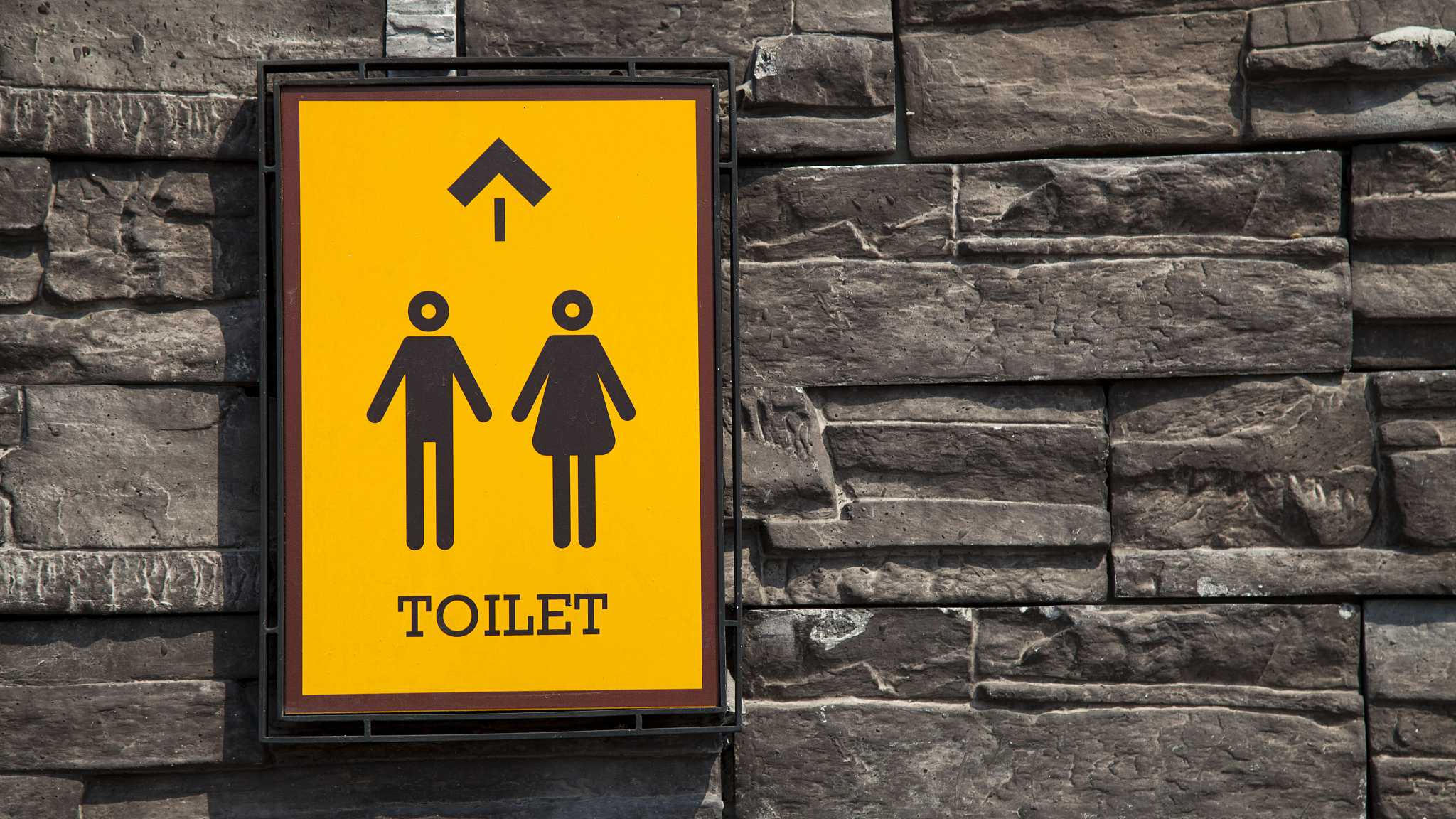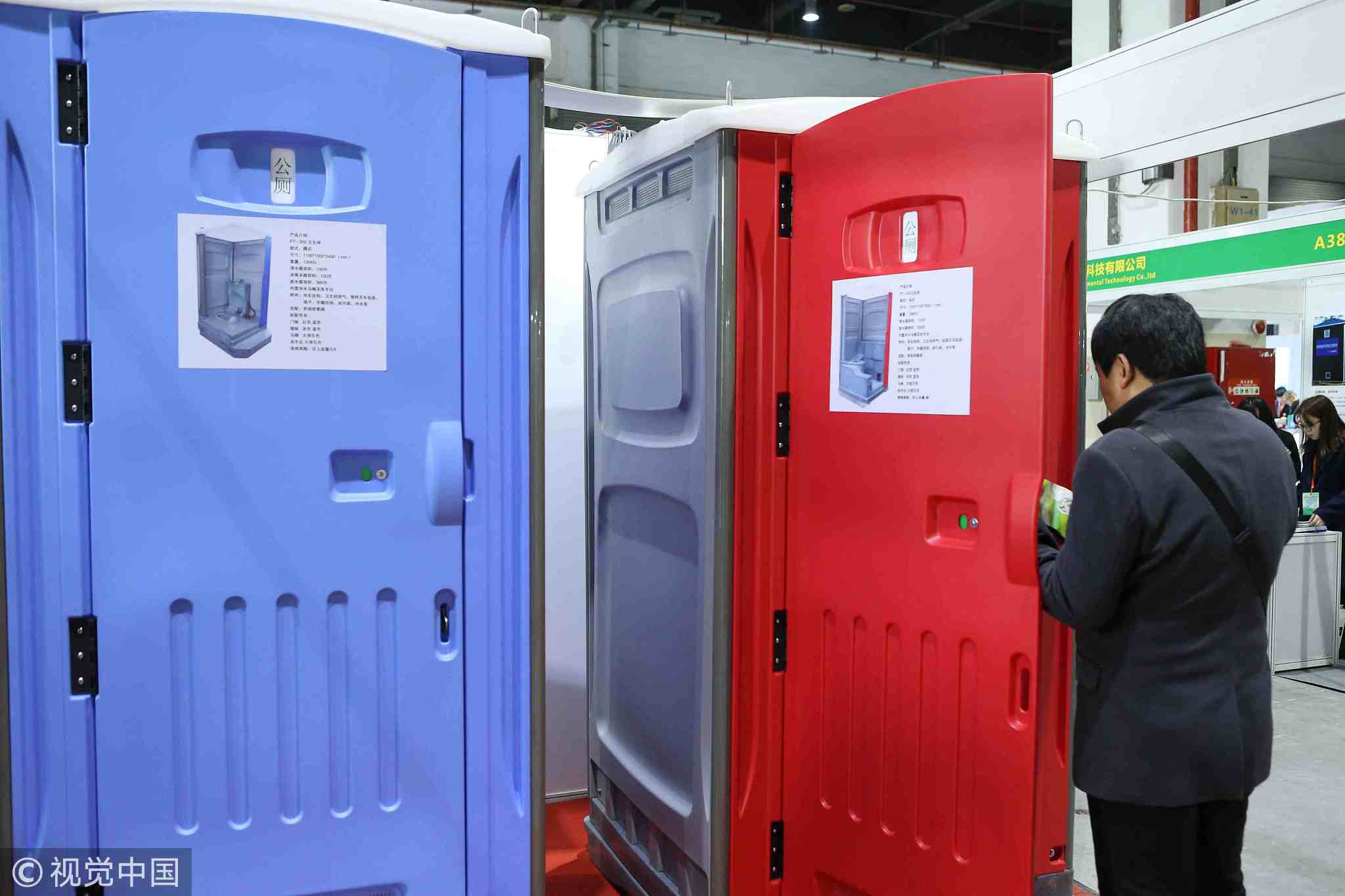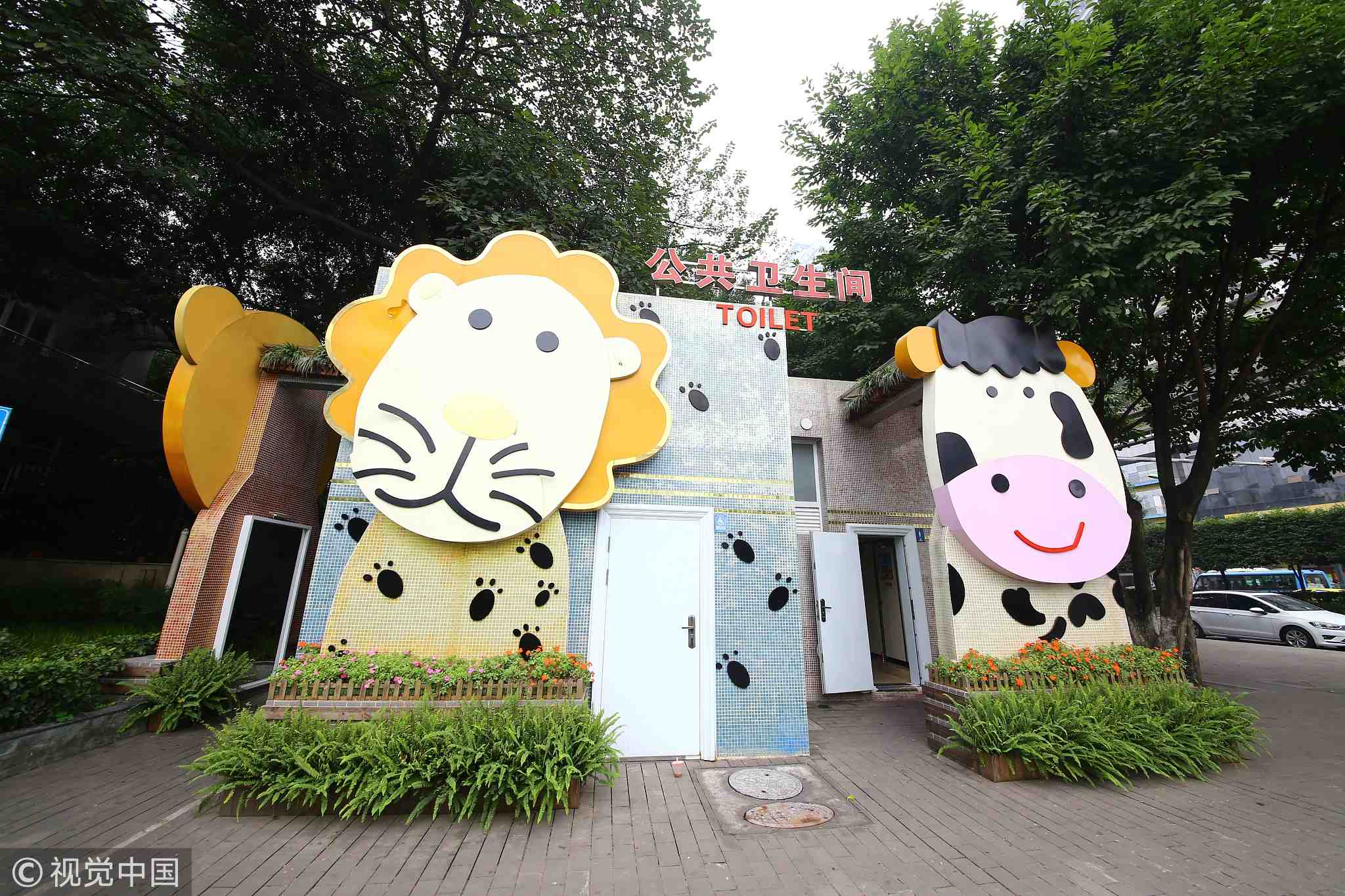
Opinions
20:48, 20-Nov-2018
Opinion: World Toilet Day – It is about human dignity!
Updated
19:55, 23-Nov-2018
Dola Mohapatra

Editor's note: Dola Mohapatra serves as executive director of Rise Against Hunger Bangalore India. The article reflects the author's opinion and not necessarily the views of CGTN.
There was a time when a toilet at home would be considered a luxury in many rural areas in India and other developing countries. It is no longer so. The health reasons are quite obvious – nearly 500,000 deaths of which 315,000 child deaths are attributed to poor sanitation and water-related issues.
Bill Gates said, “A toilet not only makes your life more comfortable, getting rid of that waste is key to human health.” This itself should be reason enough for everyone to have a proper toilet. However, there are social and cultural aspects that override the health concerns and therefore, having a functional toilet is also a social equity and empowerment issue, an issue that deals with gender empowerment (women do not have to go out in the night to respond to nature's call putting themselves at risk).
Even so, the UN estimates about 4.5 billion people live without a safe toilet and around 892 million defecate in the open. There are both economic and social reasons for this and the global community is mindful of the heavy price.

Chinese Toilet Revolutionary Innovation Expo is held in Shanghai, November 19, 2017. /VCG Photo
Chinese Toilet Revolutionary Innovation Expo is held in Shanghai, November 19, 2017. /VCG Photo
Not having, or being able to use a toilet, has to do with the availability of water (to flush and clean the toilet), waste management technology and economic costs of building and maintaining a toilet, or even availability of space as social acceptance, sanitary behavior, traditional cultural beliefs (some like my parents in the olden days would say a toilet is a dirty thing and it cannot be inside a house), or even illiteracy.
The world community has realized the significance of having a toilet for every household. In 2013, the United Nations General Assembly supported the joint initiative between the Government of Singapore and WTO's “Sanitation for All” resolution.
It was adopted by all 193 country members to officially commemorate November 19 as UN World Toilet Day. The 2018 Toilet Day theme is "When Nature Calls, Take Action." One of the UN Sustainable Development Goals is to ensure access to water and sanitation for all. With a 2030 target date, the goal sets out to achieve access to adequate and equitable sanitation and hygiene for all, and end open defecation, paying special attention to the needs of women and girls and those in vulnerable situations.
Sanitation is not just about human health and personal hygiene – it also speaks to human growth and civilization. Singapore stands as a great example of how the city-state moved became a progressive and much-admired location in the world, despite it being a polluted congested place in the 1960s under British rule, where open defecation was rampant. One of the primary contributing factors to Singapore's progression is the focus on public health based on a “clean and green” strategy.
In India, the government has initiated a massive drive to build toilets across the country under the flagship program Swachch Bharat (Clean India) drive. As per the Swachch Bharat Mission reports, 90 million toilets have been built in the past four years making it one of the most laudable campaigns.
Similarly, China initiated an intensive Water, Sanitation and Hygiene (WASH) in Schools, a program jointly implemented by China's Ministry of Education and UNICEF to provide safe drinking water, improve sanitation facilities and promote hygienic behavior at schools in rural areas. Since 2006, the program has transformed communities through better sanitary practices (there are anecdotes of how children led to a positive behavior change among parents and adults).

A newly designed toilet in Chongqing. /VCG Photo
A newly designed toilet in Chongqing. /VCG Photo
Technology could bring a major revolution in the way sanitation and toilets are seen. There have been already evidence-based examples of monetizing feces and urine by converting those into commercial products. Many remember the image of Bill Gates drinking water that was taken from a toilet after it was refined and filtered, to prove that there was nothing wrong with the water.
In water-scarce communities, it is a luxury to spend five to six liters of water per user for the toilet. There are now innovations that use no water. Then there are technologies that promote waste management, sewage treatment, and waste recycling for an entire municipality. This week, some of these innovations are going to be on display at the Reinvented Toilet Expo in China this week.
World Toilet Day is here to remind all of us we need to take action to participate in the toilet revolution, to not only help our future generation grow healthy, but also to ensure that they grow in a world that is equitable.
(If you want to contribute and have specific expertise, contact us at opinions@cgtn.com.)

SITEMAP
Copyright © 2018 CGTN. Beijing ICP prepared NO.16065310-3
Copyright © 2018 CGTN. Beijing ICP prepared NO.16065310-3